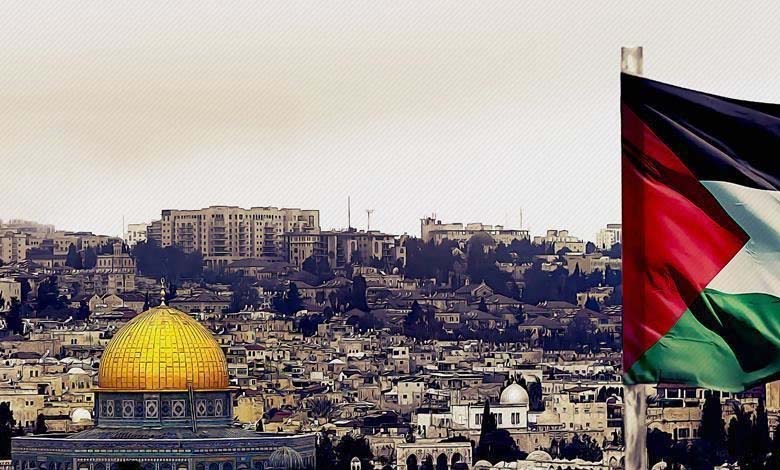Exploiting Religion and the Palestinian Cause: A Scholar Criticizes the Muslim Brotherhood

An Emirati academic has fiercely criticized the Muslim Brotherhood in Jordan following their victory in the parliamentary elections, accusing them of exploiting religion and the Palestinian cause for political gains.
-
7 Days Before the Parliamentary Elections… A Major Scandal for the Muslim Brotherhood in Jordan
-
The Muslim Brotherhood congratulates the Islamic Action Front on the results of the parliamentary elections in Jordan
In a post on (X), academic Abdulkhaleq Abdallah stated: “The Islamic Action Front (Muslim Brotherhood) in Jordan won by trading under the slogan ‘We will not leave Gaza alone’.”
He asserted that the group did not achieve a major victory in the elections, as they are trying to portray, and that the rest of the deputies are patriots.
He commented: “Their victory was not overwhelming; they secured 31 seats out of 138, which is 22% of the Jordanian Parliament, while 78% of the deputies prioritize Jordan with the slogan ‘Nation First.’ Congratulations to Jordan for the successful elections.”
-
Non-Licensed Muslim Brotherhood in Jordan Completes Formation of Its Executive Office
-
Iran and Hamas Tried to Build a Military Organization in Jordan… Latest Developments in the Muslim Brotherhood Cell Case
Many activists on (X) agreed with Abdallah, stating that the Brotherhood‘s win was the result of specific circumstances, rather than clear programs or visions, highlighting that Jordanian society sees the Palestinian cause as its own.
Activists pointed out that the Brotherhood, reveling in their win, is attempting to portray through their affiliated media that they achieved a sweeping victory and will have a decisive role in the Jordanian Parliament, even though they only secured 22% of the seats in the House of Representatives.
-
Did Iran Arm a Muslim Brotherhood Cell Linked to Hamas to Carry out Attacks in Jordan?
-
Jordan’s Muslim Brotherhood suspends municipal elections
The Islamic Action Front indeed won 31 seats in Parliament, but did not secure a majority, in addition to 17 party-list MPs and several deputies from quotas reserved for women, Christians, Chechens, and Circassians.












